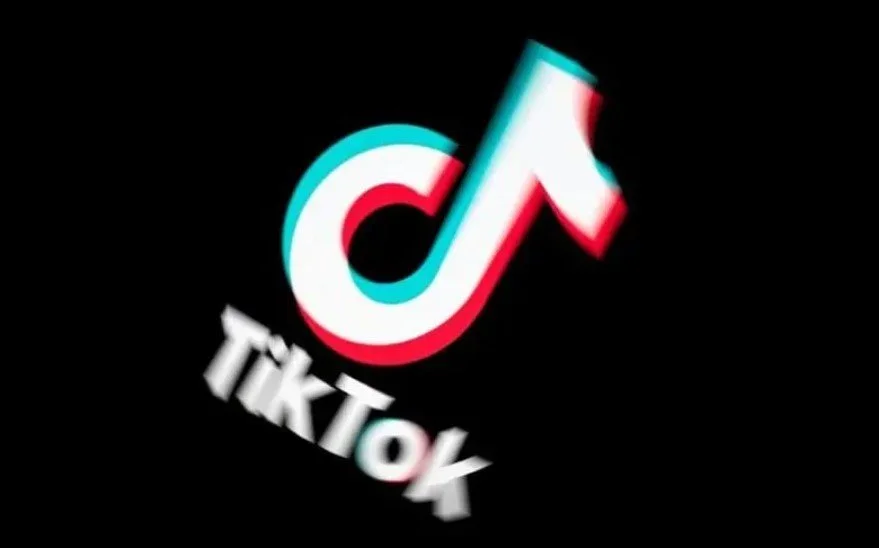TikTok Ban Update: Free Speech, Security, and the Future of Digital Platforms
The citizens of the United States find themselves at a “free speech crossroads” as the government contemplates banning TikTok, a popular video-sharing app used by over 170 million Americans. Lawmakers cite national security concerns, claiming the Chinese government could use TikTok to collect data or influence U.S. users. However, critics argue that banning the app violates free speech rights and disrupts the livelihoods of creators and businesses reliant on the platform. This is the first time in the history of this country that a speech platform is being threatened.
National Security Concerns: Fact, Fear, or Outright Manipulation?
Opponents of TikTok point to potential security threats due to its association with ByteDance, a company partially owned by Chinese stakeholders. Claims suggest the Chinese government could leverage the app to spy on users or amplify pro-China propaganda. However, TikTok and its legal representatives have consistently countered these allegations, presenting evidence to refute them:
TikTok Inc. is a U.S.-based company employing thousands of Americans.
The app's data servers are located in Virginia and are managed by U.S. staff.
ByteDance, incorporated and headquartered in the Cayman Islands, is majority-owned by global investors, not the Chinese government.
Additionally, U.S. officials admit they lack concrete evidence of Chinese interference through TikTok. To be more specific, American and other global investors own 58% of ByteDance, and only 21% is owned by one of its founders, a Chinese nationalist living in Singapore.
Free Speech in the Digital Age
A TikTok ban raises significant First Amendment concerns. Lawyers argue that preventing Americans from using TikTok is pure censorship, targeting speech content under the guise of national security. Notably, TikTok has become a hub for free expression, offering uncensored discussions on global issues, including political events and social justice movements. One of those uncensored discussions has been the continuing genocide in Gaza and surrounding territories.
TikTok lawyer Noel Francisco asserted, "The government just doesn’t get to say ‘national security’ and the case is over." This debate underscores a larger question: Should the government have the authority to restrict public access to digital platforms due to speculative risks? This act sends a message: the US government has no trust in the American people to make their own choices.
The Rise of RedNote: A New Contender
As the January 19th deadline approaches for TikTok to sell its U.S. operations or face a ban, users are flocking to alternative platforms. One such app, RedNote, has surged in popularity, becoming the most downloaded app in the U.S. App Store. Users, now self-styled "TikTok refugees," are exploring RedNote as a way to preserve their digital communities. However, this shift highlights the resilience of social media culture and the challenges of replicating TikTok's unique ecosystem.
RedNote is a TikTok competitor popular with young people in China, Taiwan and other Mandarin-speaking populations. Of course, it has welcomed its new American users with open arms. And as more US users joined RedNote, some Chinese users have jokingly referred to themselves as "Chinese spies". A 37-year-old school cafeteria worker in Utah says the move to RedNote is a way to "snub" the government. "I'm just a simple person living a simple life. I don’t have anything that China doesn’t, and if they want my data that bad they can have it." she told the BBC in a RedNote message.
Legislative Interventions and Community Concerns
Senator Edward J. Markey has proposed the "Extend the TikTok Deadline Act" to delay a ban, emphasizing the app’s irreplaceable role in connecting communities and supporting small businesses. While acknowledging concerns about user privacy and mental health, Markey highlights the far-reaching implications of a ban on creators, businesses, and free expression.
There is no difference in the data shared by users on TikTok as opposed to data shared by users on any other platform. All data shared has been voluntary.
Conclusion
The TikTok ban debate encapsulates a clash between national security and individual freedoms, reflecting broader tensions in the regulation of digital platforms. With millions of users relying on TikTok for expression and income, the outcome of this debate will set a precedent for how governments manage emerging technologies and global platforms.

